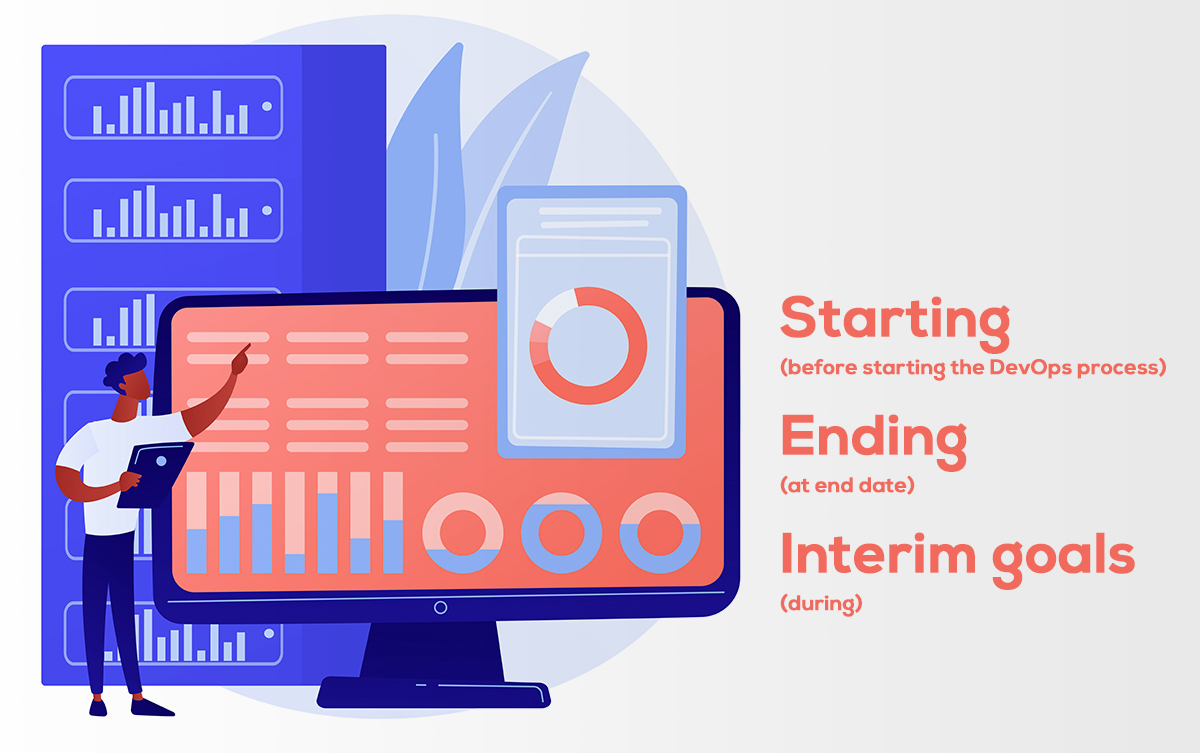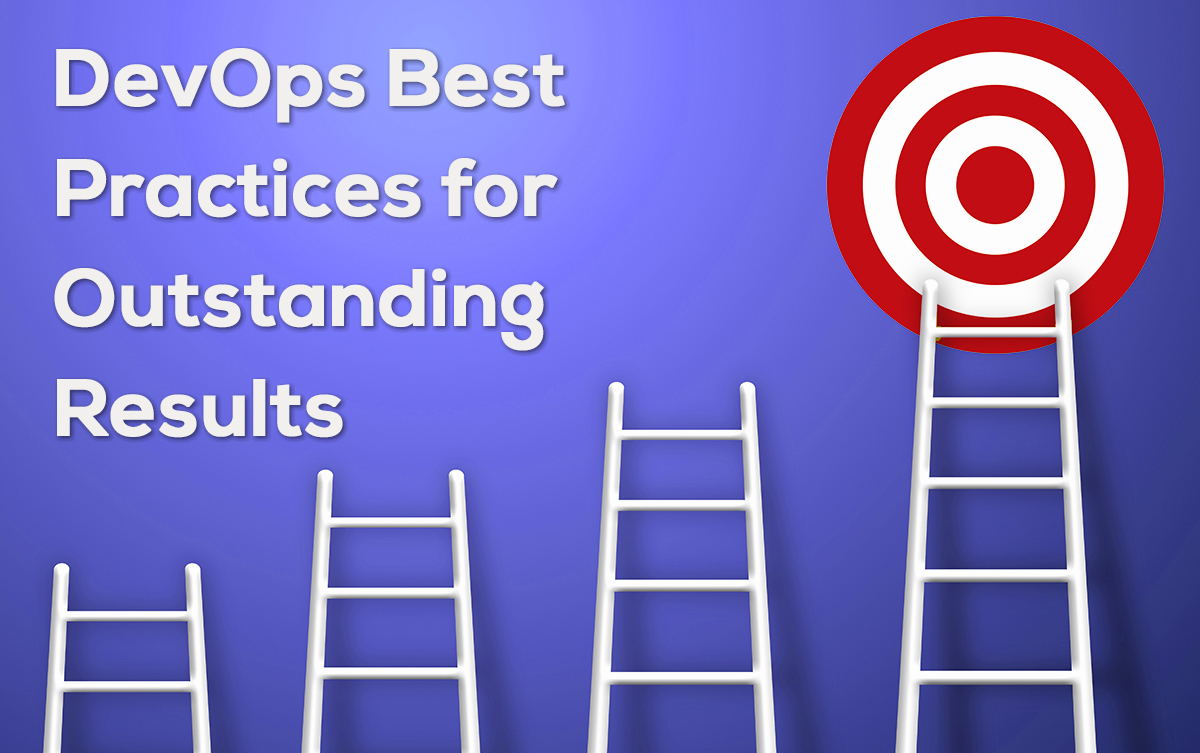DevOps Best Practices for Outstanding Results
In this blog post, we will discuss DevOps best practices for outstanding results. In order to do this, we need to talk about how important it is to have a good understanding of your business objectives and your current state so that you know where improvements are needed.
First, let us Identify our goals for the DevOps initiatives.
- Let us define what are the goals of your DevOps initiative
- Let us determine what is the current state of that goal
This will help identify any areas in need of improvement or attention to detail. It’s also vital to have a good understanding of what “success” looks like and how it should be measured.
For example, if your goal is to reduce defects by 25% and you only reduced it by 20%, that doesn’t mean DevOps didn’t work or was a failure. It may simply show the need for more time to adjust configurations in order to reach success metrics that are agreed upon with stakeholders.
Secondly, determine what you need to do in order to achieve those goals.
- Identify what are the key steps to achieving success
- Know-how will your DevOps initiative help you achieve those goals
After identifying what needs to be done, it’s time to plan out how. This is where we can start prioritizing tasks and putting together a timeline of milestones that need to be completed in order for this initiative to be successful.
- What are the key tasks you need to complete in order for this initiative to succeed?
- How long do you anticipate they will take and what resources will be needed from your team or company in order to achieve success?
Once we have a timeline of milestones created, it’s time to put together an action plan for who will handle what tasks and by when, which we’ll use to keep track of progress.
- Who is going to be responsible for each task?
- When are they expected to complete their tasks?
The action plan should also include how you’re going to monitor the success of this initiative. What metrics or KPIs do you want your team members monitoring in order to evaluate whether this initiative has been a success or not?
Once you have an idea on that matter, it’s time to put together some milestones so you can better measure your DevOps Best Practices success. We recommend setting up three different types:

- Starting (before starting the DevOps process),
- Ending (at end date), and
- Interim goals (during)
The DevOps process is an ongoing initiative that requires monitoring and evaluation to make sure you’re staying on track, so when your action plan includes these two aspects, you’ll know that it’s been a success.
DevOps best practices can make your business more agile and efficient all while reducing risks and improving workflows.
Once these steps have been taken into consideration, then it’s time to put together an action plan for what needs to happen next. Your first step should include,
- Listing all potential stakeholders involved in the project as well as those who may not be.
- Next, decide the frequency of communication and how often you will be meeting to discuss progress on your DevOps project.
- You’ll also want to form a leadership team that reviews DevOps projects regularly at least once per week or biweekly depending on each project’s timeline.
- The leadership should have at least one representative from all key areas including IT, operations, HR (human resources) and marketing so they can provide feedback in an agile way as needed during these meetings.
- And lastly, plan for a “DevOps Day” where stakeholders get together with the leaders to review what has been accomplished up until then and identify any potential roadblocks before proceeding forward with this initiative within your organization.
Get trained by Suresh GP, DevOps Practitioner with hands-on industry experience, who can translate theory into action
Enroll for an upcoming DevOps Foundation course and get certified through TaUBSolutions – a Premium Partner of the DevOps Institute





